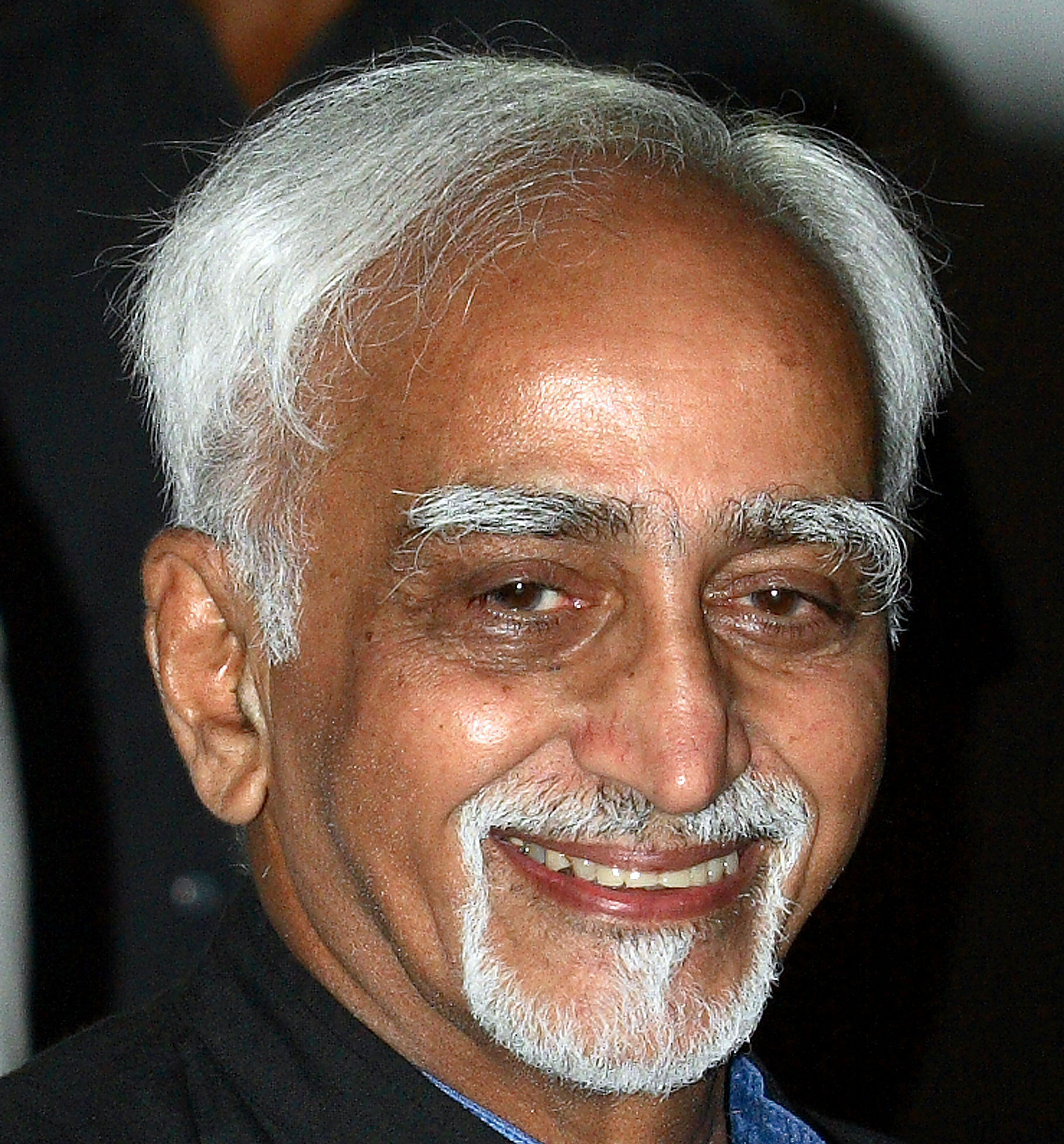
New Delhi: Vice President Hamid Ansari on Monday advocated special audit mechanisms for effective implementation of Right To Education (RTE) Act like in the case of MNREGA and asked states and local education authorities to monitor implementation of the Act "more seriously."
He also noted that quality of education suffers due to understaffing and lack of training of teachers and emphasised on the need for making teachers' remuneration more attractive.
Speaking at the national stock-taking convention organised by the Right to Education forum, he said, "Although state education departments and local authorities are responsible for monitoring implementation of the Act, this responsibility needs to be taken more seriously. There is a need for having special audit mechanisms like in the case of MNREGA".
He said the RTE will mark six years of coming into force.
"An audit is therefore appropriate particularly to locate deficiencies that exist and chart out a course for the future," he added.
Noting that teacher's training is a "neglected area", he said, "quality of education suffers due to understaffing and lack of training of teachers. The flow of public funds has so far been focused on developing school infrastructure."
Quoting an Oxfam India policy report in March 2015, he said the report indicated that over 5 lakh sanctioned teacher's post were lying vacant and more than 6.6 lakh in-service teachers were un-trained.
Around 37 per cent of primary schools were found to be non-conformant with the prescribed national pupil-teacher ratio (PTR) norm of 30:1.
Moreover, around 10 per cent of schools across the country remained single teacher schools.
according to the report.
The vice president also noted that teacher absenteeism was rampant in several parts of the country and impacted the disadvantaged students.
Taking note of a huge disparity between urban and rural education and rich and poor children having radically different schooling experiences, he said, "A critical appraisal of the functioning of RTE reveals that large gaps exist in its implementation.
Even with the increasing primary enrolment rates, India has the largest number of out-of-school children in the world which is more than the out of school children in the whole of sub-Sahara Africa."
The vice president said that despite the shortcomings in its implementation, RTE remains a remarkable achievement that provides access, equity and inclusion for all children.
Expressing concern over the decline in state funding in the key social sector programmes, including education, Ansari said that quantity, quality and equality are the three sides of the triangle required to ensure Right to Education.
He said in the last six years, RTE Act has shown promising development.
The government's budget for the SSA, the main vehicle for the Act's implementation has increased substantially from Rs 12,825 crore in 2009-10 to Rs 22,500 crore in 2016-17.
Some 350,000 schools have been opened in the last decade and 99 per cent of India's rural population now have a primary school within a one km radius.
A survey in 2014 reported that 84.4 per cent schools now served mid-day meals.
Around 48.2 per cent schools had proper and functioning toilets for girls and 73 per cent schools had available drinking water.
The enrolment of girls has increased slightly from 48.12 per cent in 2009-10 to 48.19 per cent in 2014-15 at the elementary level.
A 55 per cent decline in dropouts was also reported in the age group of 6-14 years from 13.46 million in 2005 to 6.06 million in 2014.
The vice president also asked state governments to get the Panchayati Raj institutions appropriately involved in RTE.